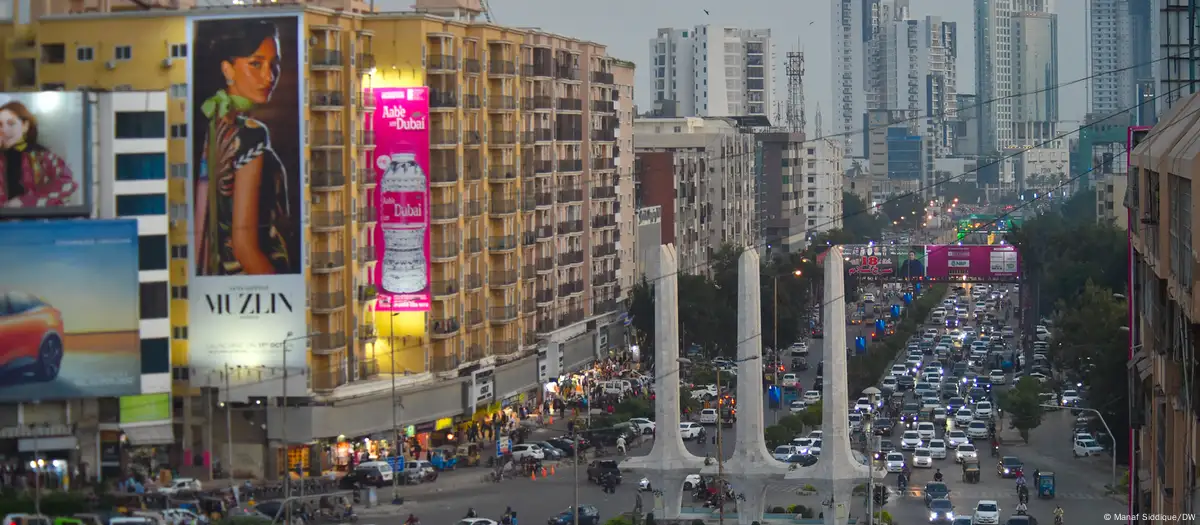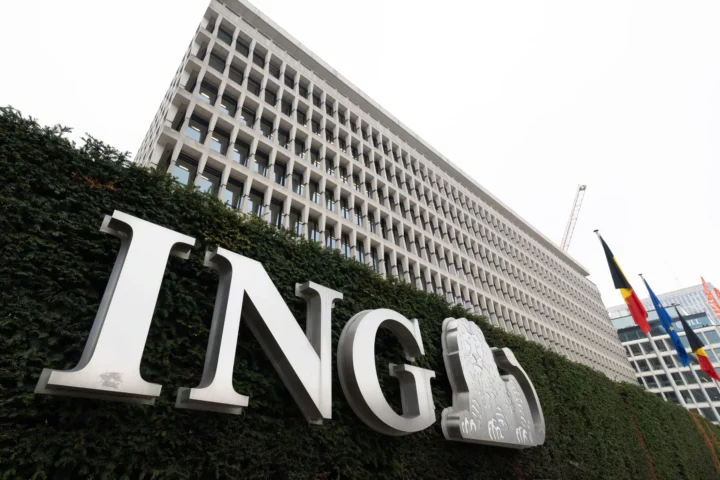The World Bank will supply Pakistan with $20 billion of loans over the next decade which are expected to be invested in nutrition, education and renewable energies in the hope of stimulating private-sector growth.
Pakistan has agreed to an unprecedented ten-year plan with the World Bank which will see $20 billion (€19.4 billion) worth of loans for the country’s cash-strapped economy.
The South Asian nation has been teetering on the brink of economic crisis for several years and is currently subject to a $7 billion International Monetary Fund bailout program.
World Bank seeks to encourage investment
Political instability and catastrophic flooding in 2022, which temporarily submerged up to a third of the country, put the struggling economy under additional strain.
Now it is hoped that the new “Country Partnership Framework” (CPF) announced with the World Bank overnight will see increased investment in private-sector growth and climate resilience from 2026 onwards.
“We are focused on prioritizing investment and advisory interventions that will help crowd-in much needed private investment in sectors critical for Pakistan’s sustainable growth and job creation,” said Zeeshan Sheikh, the World Bank’s International Finance Corporation Country Manager for Pakistan in a statement.
He added that particular areas of focus include “energy and water, agriculture, access to finance, manufacturing and digital infrastructure.”
PM Sharif hopes to create ‘lasting opportunities’
Pakistani Prime Minister Shehbaz Sharif welcomed the plan, which he said was the first of its kind, in a post on social media, saying:
“[The] CPF reflects the World Bank’s confidence in Pakistan’s economic resilience and potential. We look forward to strengthening our partnership as we align our efforts for creating lasting opportunities for our people.”
Pakistan is also facing a political crisis after the arrest of former Prime Minister Imran Khan. His supporters have held several largescale protests that have frequently been accompanied by violence.
The economic and political situation are seen to be obstacles for attracting foreign investment into the country.








